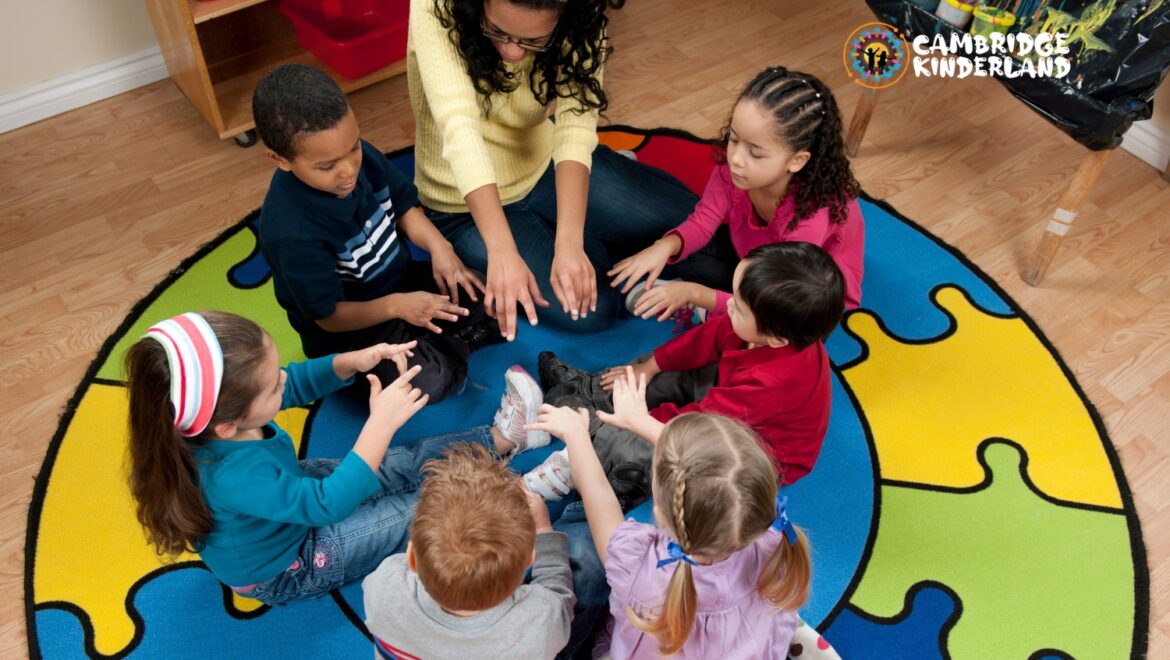Kids start developing social skills early, including empathy, sharing, communication, and teamwork. However, improving these skills requires practice, guidance, and effort throughout childhood. This guide provides examples of developing social skills for kids and offers tips on how to encourage positive behavior.
What are Social Skills for Kids?
Social skills refer to the different ways we communicate and interact with others. These include verbal communication (talking) and nonverbal cues like body language, facial expressions, and eye contact. Social skills help us respond to situations, start conversations, and build relationships, and are often known as interpersonal or soft skills.
-
Communication
Communication is a key social skill that helps children express themselves and respond to others effectively. It allows them to share ideas and build conversation skills necessary for socializing.
-
Empathy
Empathy in children develops over time, and it’s important for parents, teachers, and caregivers to help nurture this skill by being patient and understanding. As children grow, they start to recognize and appreciate the differences and similarities between themselves and others. This ability to empathize is crucial for respecting personal space and boundaries, and for building healthy relationships with their peers. Supporting empathy early on helps children better understand the feelings of others.
-
Cooperation
When children learn to cooperate, they discover that teamwork often leads to greater results. Early lessons in cooperation help them develop patience and the ability to contribute and work effectively within a group or community.
-
Conflict Resolution
Conflicts are a natural part of growing up, and learning how to resolve them is vital. Children can improve their conflict resolution skills by identifying their emotions, understanding the root of the problem, and working toward a solution.
-
Manners and Etiquette
Some children may behave disrespectfully, like burping loudly or being rowdy to gain attention. While some unruly behaviors are playful and innocuous. Teaching children to be polite and respectful in social settings is essential.
-
Respect for Diversity
By talking about differences among peers and family backgrounds, children gain a deeper understanding of those around them. Embracing diversity also fosters empathy, helping children become more effective learners.
-
Self-Control
For children, managing impulses and emotions can be a steep climb during their developmental years. However, by keeping rules and expectations clear and straightforward. Also, we can help sharpen their ability to focus and enhance their executive functioning, making self-control a skill they can slowly but steadily grow into.
-
Assertiveness
Some children express their thoughts easily, while others tend to be more avoidant. They may shy away from disagreements due to fear of negative outcomes, leading to submissive behavior. Encouraging assertive communication helps children build confidence as they grow older.
-
Patience
When cultivated, patience supports children in building strong relationships and reaching future goals. Children who learn patience early become more independent and develop advanced problem-solving abilities.
-
Positivity
Managing sadness and anger can be difficult for children who haven’t fully developed emotional intelligence. By recognizing and working through negative emotions, children can build confidence in their ability to bounce back and learn from their mistakes.
Tips for Developing Social Skills for Kids
Here are some suggestions for parents, teachers, and caregivers to assist appropriate social skills for kids:
- Normalize Mistakes: Let your child know that perfection isn’t expected and that making mistakes is a normal part of learning.
- Follow Your Child’s Interests: Children are more likely to engage with peers when participating in activities they enjoy Introduce them to other kids who share their interests in sports, crafts, or hobbies.
- Know Your Child’s Limits: Recognize that some children are naturally more social than others. Avoid pushing introverted children too far out of their comfort zones.
- Be a Positive Role Model: Your behavior greatly influences your child’s emotional growth. Make sure to ask questions and listen actively, demonstrating the respect you want them to show to others.
In summary, We at Cambridge Kinderland, teach kids these social skills. These skills are essential for building healthy friendships and learning to work with others. Respecting their boundaries and setting a positive example helps them naturally and willingly develop these skills over time.


Add Comment